

Former KL2 Scholar Stephani Stancil, Ph.D., APRN, Involved in Multiple Projects
By Kelly Hale , Marketing & Communications Specialist
Jun 18, 2024
“My goal is to partner with teens and their families so they can be the healthiest version of themselves as they go into adulthood, both in clinic and through research.”
Stephani Stancil, Ph.D., APRN, assistant professor of pediatrics at Children’s Mercy Kansas City, seems to always be working on her next research project. After one year as a KL2 scholar, Dr. Stancil transitioned to an NIMH-funded K23 to complete a randomized controlled trial to develop a biomarker of drug response in teens with eating disorders.
As part of Dr. Stancil’s research program in adolescent precision therapeutics, she and her team are working to understand individual differences that affect response to psychiatric medications, particularly differences in the brain where these drugs work.
In addition to her K23 work looking at drug action in the brain, she is leading research, in collaboration with University of Kansas Medical Center and Hoglund Biomedical Imaging Center, to determine drug concentrations in the brain. Standard tools generally used to detect drug concentrations in the brain in adults are not considered safe or ethical for use in children, meaning this information is not well defined in kids. Dr. Stancil and her team are using magnetic resonance spectroscopy (MRS), a safe, non-invasive method, to measure how much drug gets in the brain and inform safer, more precise use of medications.
Her multidisciplinary team, including neuroscientists and MR experts Dr. Phil Lee, Dr. In-Young Choi, Dr. Bill Brooks, and co-led with pharmacologist, Dr. Steve Leeder, recently completed a pilot study measuring fluoxetine concentrations in the brain of teens taking this medication for mood or anxiety disorders. They are now working to expand this method to look at other drugs in the brain.
As Dr. Stancil grows her research program, she feels strongly about making sure the teens she works with are truly reflected in the questions that are being asked, and actively engaged in the work. As such, Dr. Stancil and her team created the Teen Research Advisors, a group of youth who have participated in Dr. Stancil’s past studies and want to contribute to the future of research. “Working with the Teen Research Advisors is vital to doing work that matters. We work with them to understand what questions to ask, what will be most impactful and how they want to hear about results and next steps,” Dr. Stancil said.
In addition to all of this work, Dr. Stancil and a colleague at Children’s Mercy Kansas City, Dr. Abbey Masonbrink, recently received a grant from BioNexus KC and Blue KC as part of their transforming KC Health Outcomes grant. The goal of the project is to develop a personalized vaping cessation program for teens that integrates genetics and differences in nicotine metabolism.
Dr. Stancil’s clinical work in adolescent and young adult medicine is an essential companion to her research. Her clinical practice focuses on mental health, reproductive health and substance use in youth.
“My goal is to partner with teens and their families so they can be the healthiest version of themselves as they go into adulthood, both in clinic and through research,” she said.
Since her time as a KL2 scholar, Dr. Stancil has received over $870,000 in grants to build her research program in adolescent precision therapeutics. She looks forward to continuing to grow her team and deepen their collective impact to improve the lives of youth and young adults.
Latest Articles
View All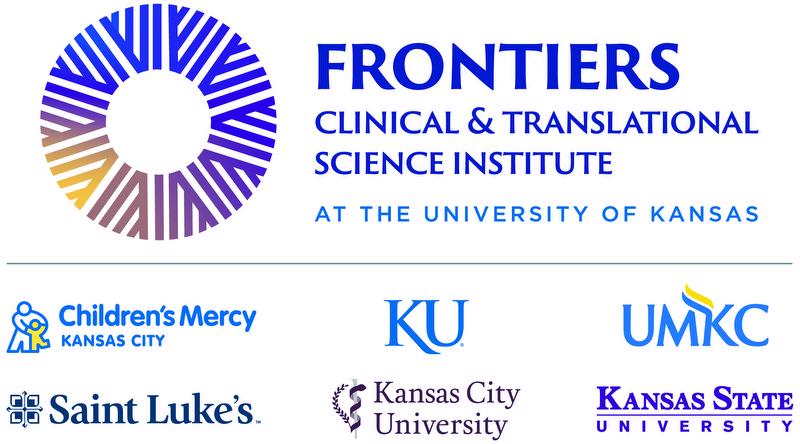 Funded Projects · News
Funded Projects · News
 TL1 Trainee · News
TL1 Trainee · News
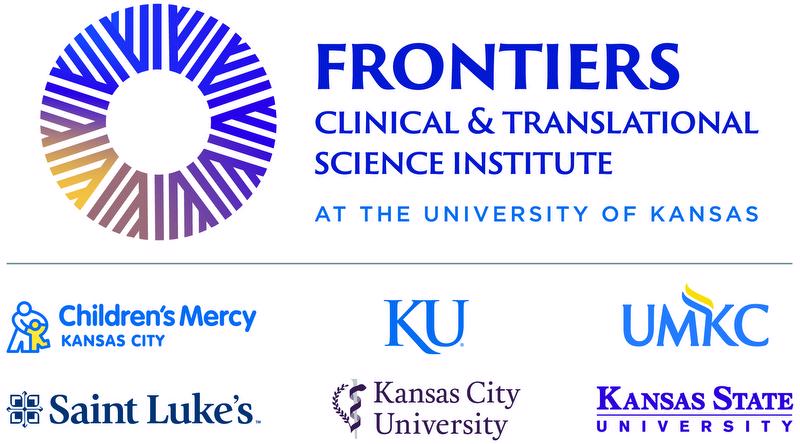 Funded Projects · News
Funded Projects · News
 TL1 Trainee · News
TL1 Trainee · News
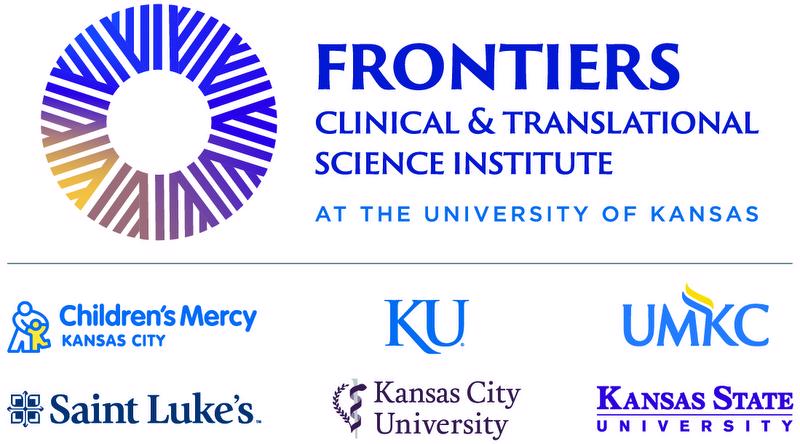 Funded Projects · News
Funded Projects · News
 TL1 Trainee · News
TL1 Trainee · News
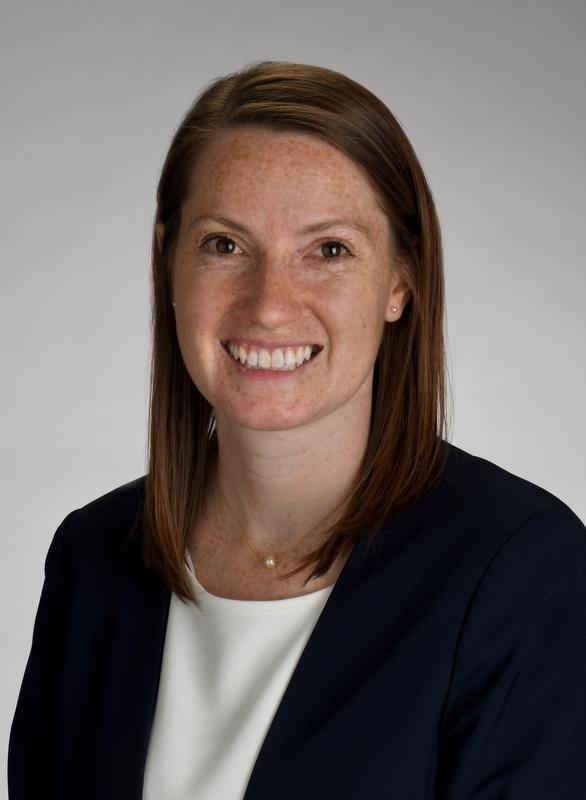 KL2 Scholar · News
KL2 Scholar · News
 Funded Projects · News
Funded Projects · News
 Funded Projects · News
Funded Projects · News
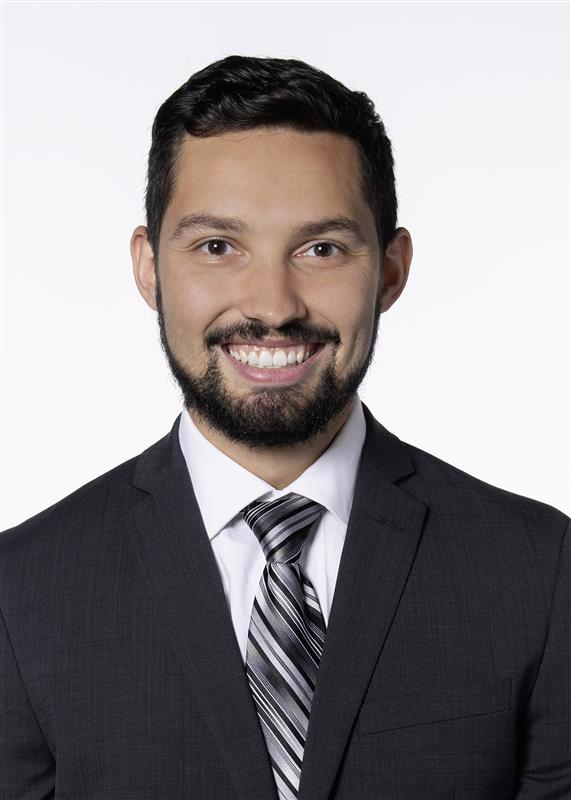 TL1 Trainee · News
TL1 Trainee · News
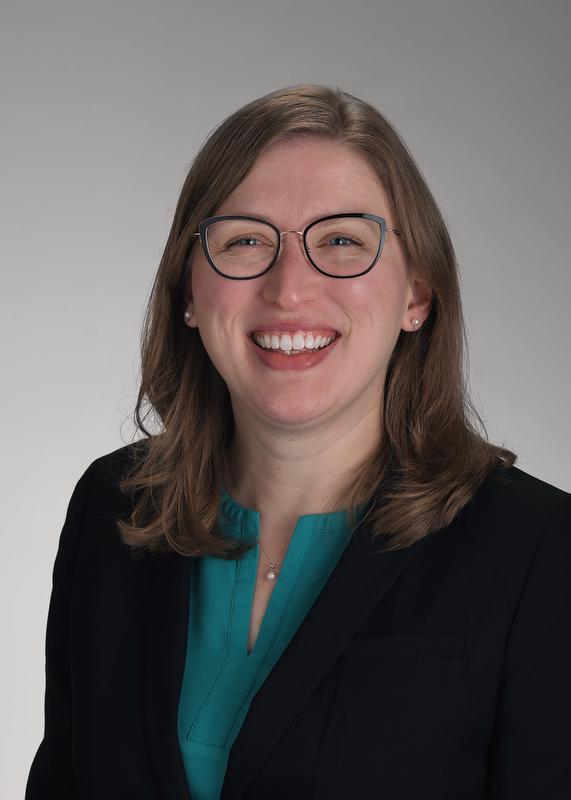 KL2 Scholar · News
KL2 Scholar · News
 Funded Projects · News
Funded Projects · News
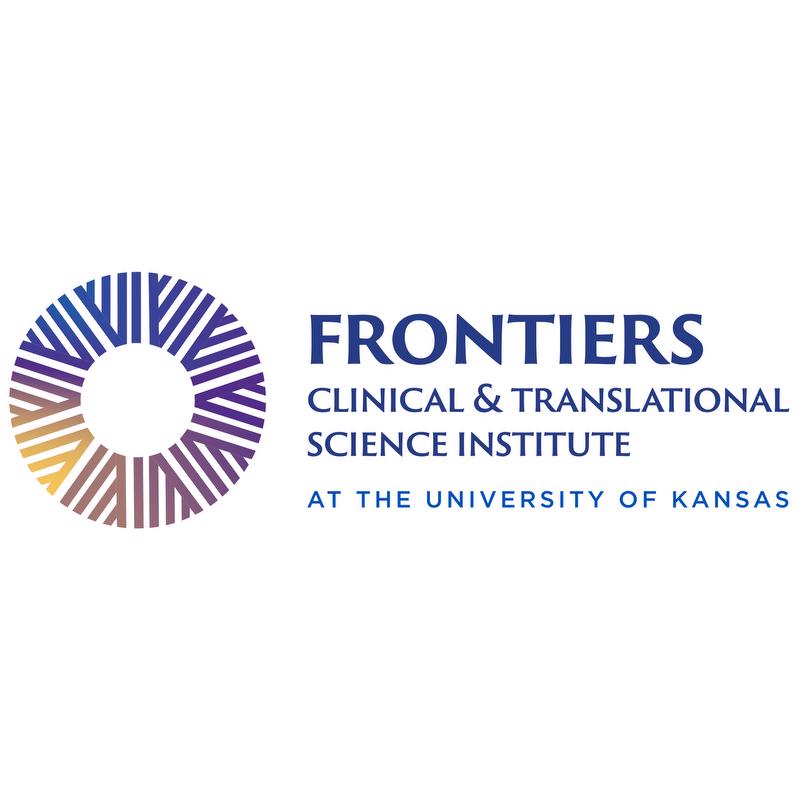 News
News
 TL1 Trainee · News
TL1 Trainee · News
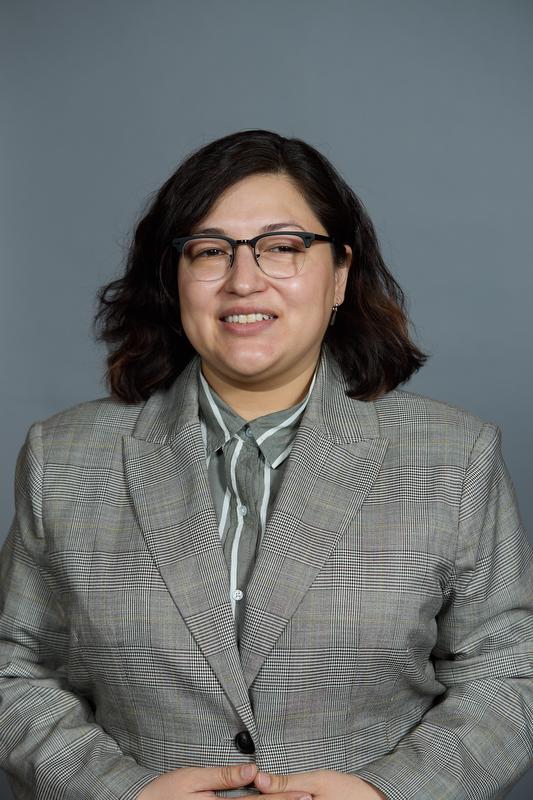 News
News
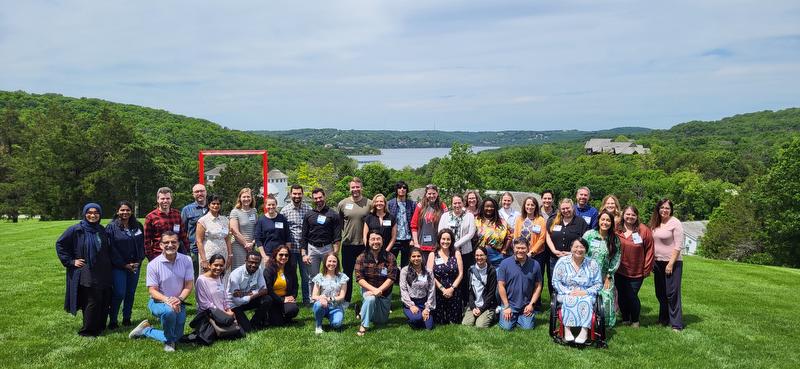 News
News
 Funded Projects · News
Funded Projects · News
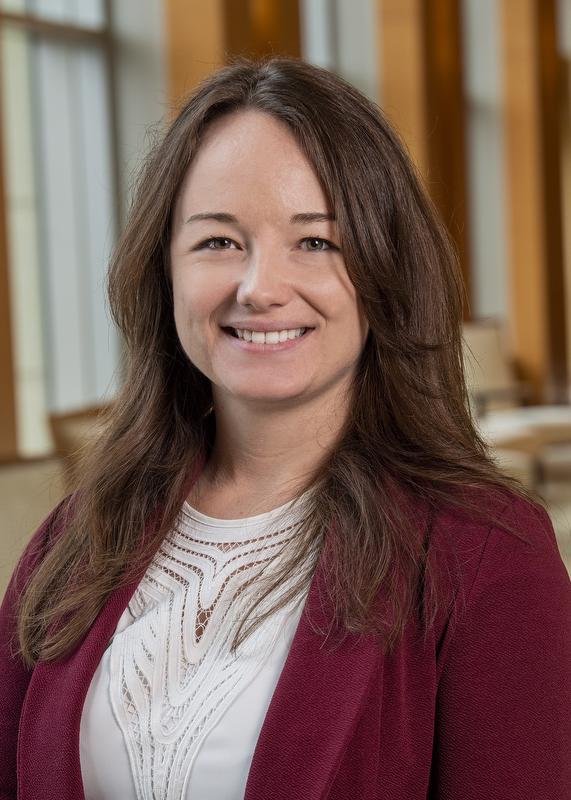 TL1 Trainee · News
TL1 Trainee · News
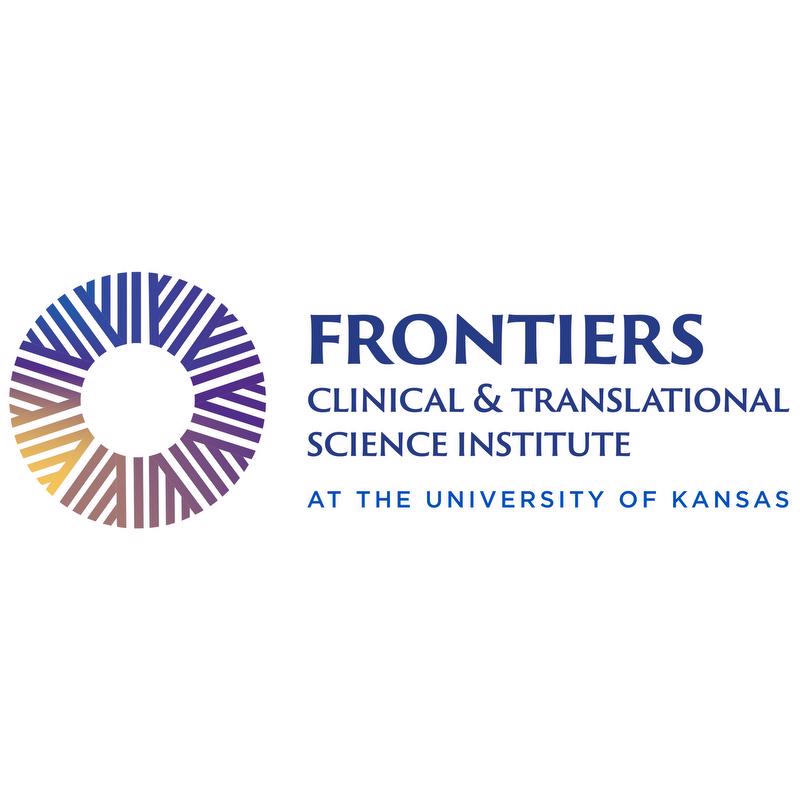 Events
Events
 TL1 Trainee · News
TL1 Trainee · News
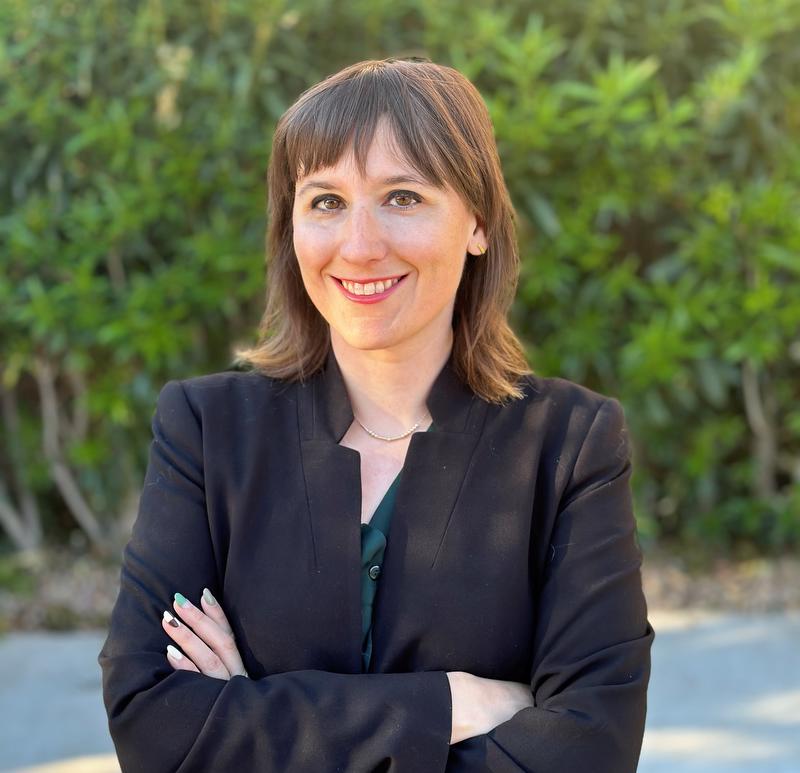 News
News
 TL1 Trainee · News
TL1 Trainee · News
 KL2 Scholar · News
KL2 Scholar · News
 News
News
 KL2 Scholar · News
KL2 Scholar · News
 Funded Projects · News
Funded Projects · News
 News
News
 TL1 Trainee · News
TL1 Trainee · News
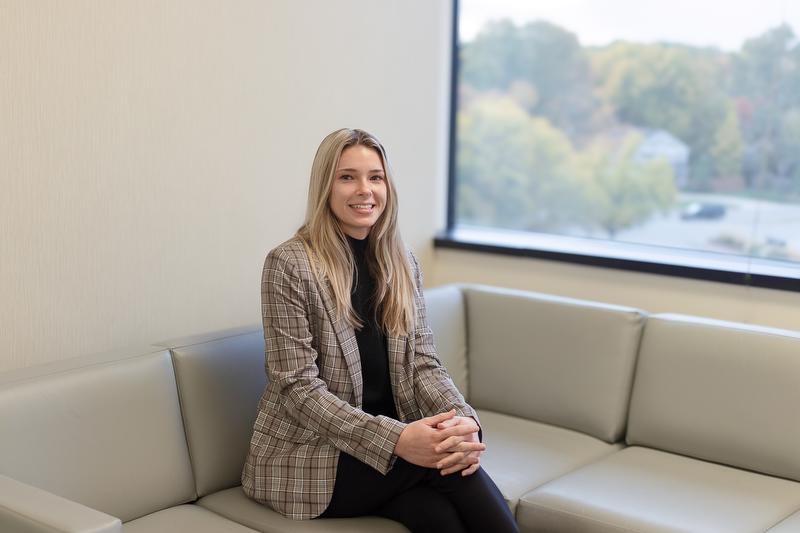
 TL1 Trainee · News
TL1 Trainee · News
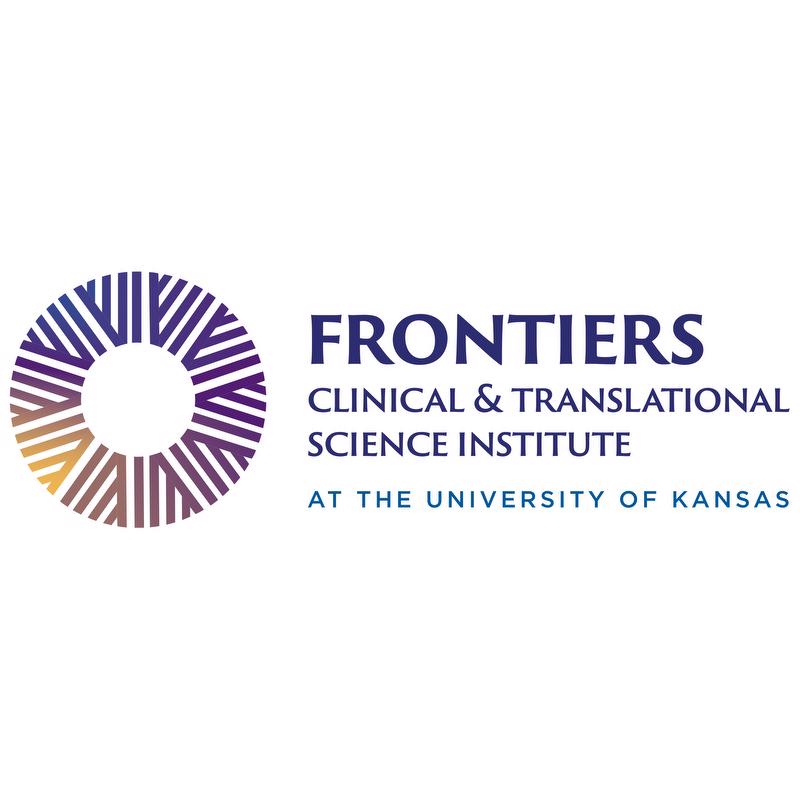 Services · News
Services · News
 News
News
 Funded Projects · News
Funded Projects · News
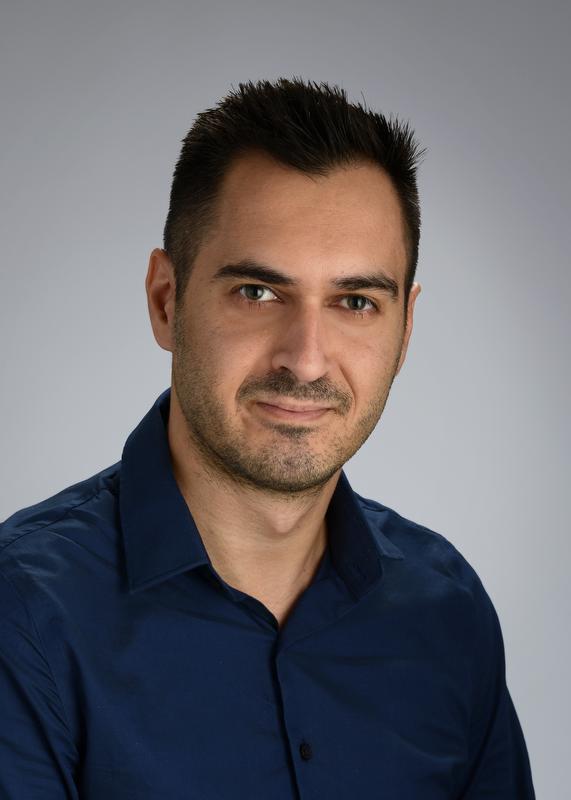 Funded Projects · News
Funded Projects · News
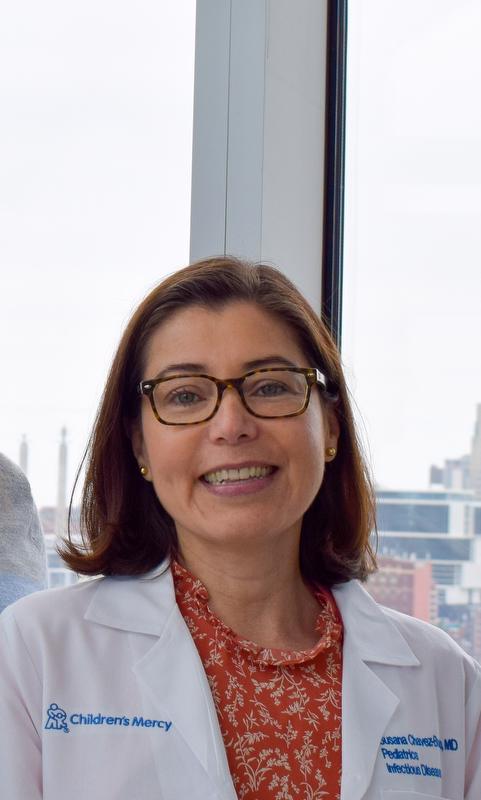 Funded Projects · News
Funded Projects · News
 TL1 Trainee · News
TL1 Trainee · News
 KL2 Scholar · News
KL2 Scholar · News
 Funded Projects · News
Funded Projects · News
 News
News
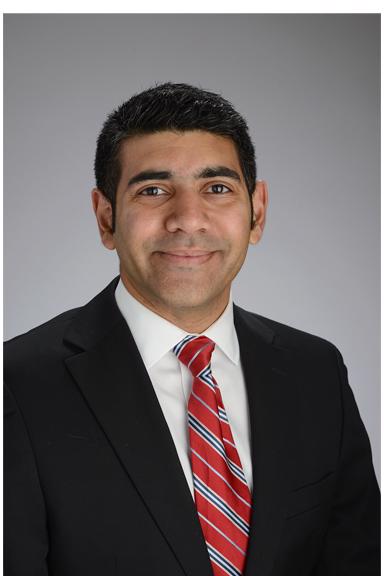 News
News
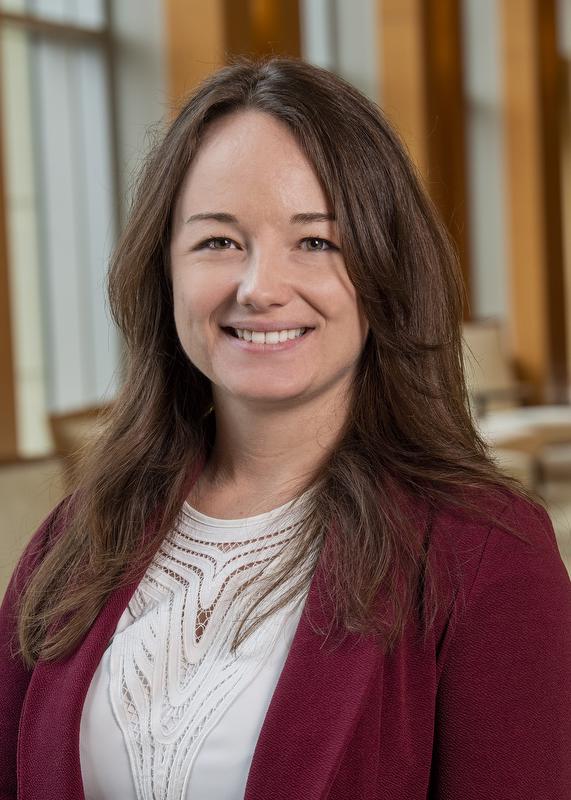 News
News
 News
News
 News
News
 News
News
 News
News
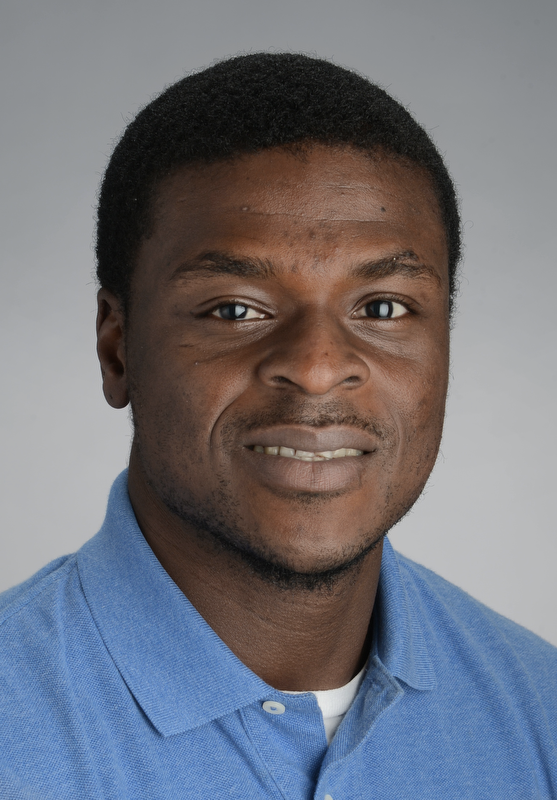 News
News
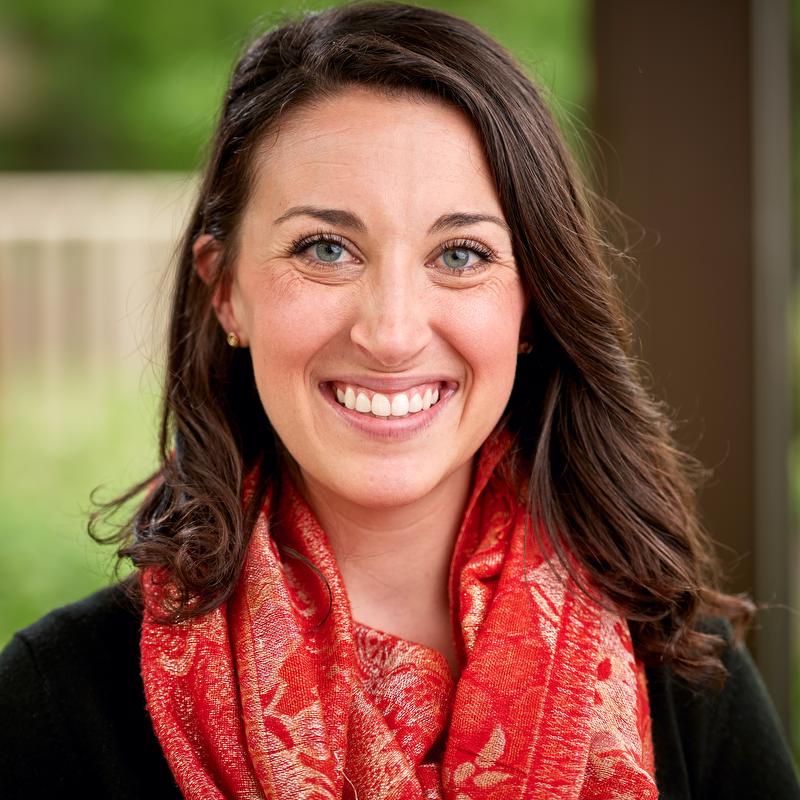 News
News
 News
News
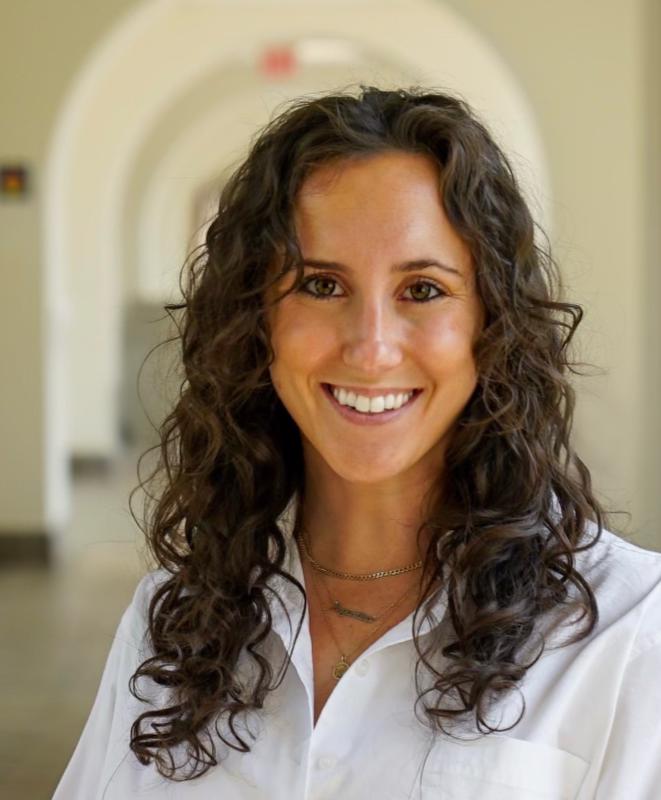 News
News
 News
News
 News
News
 News
News
 Funded Projects · News
Funded Projects · News
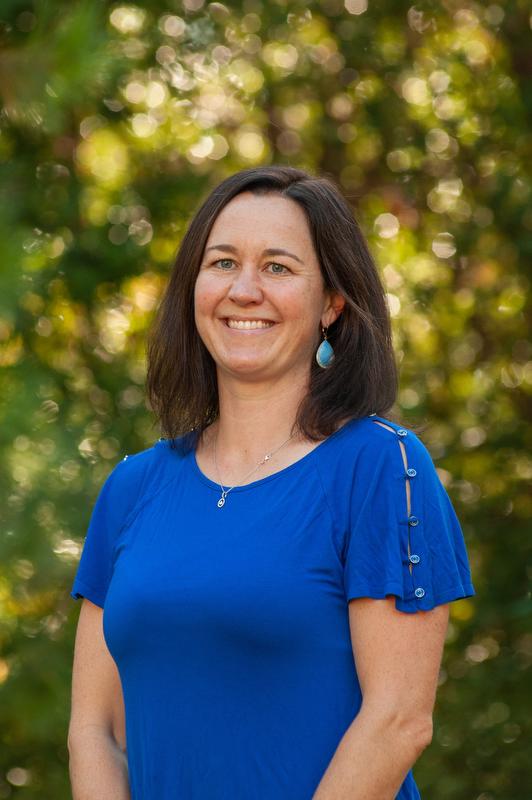 Funded Projects · News
Funded Projects · News
 KL2 Scholar · News
KL2 Scholar · News
 News
News
 News
News
 KL2 Scholar · News
KL2 Scholar · News
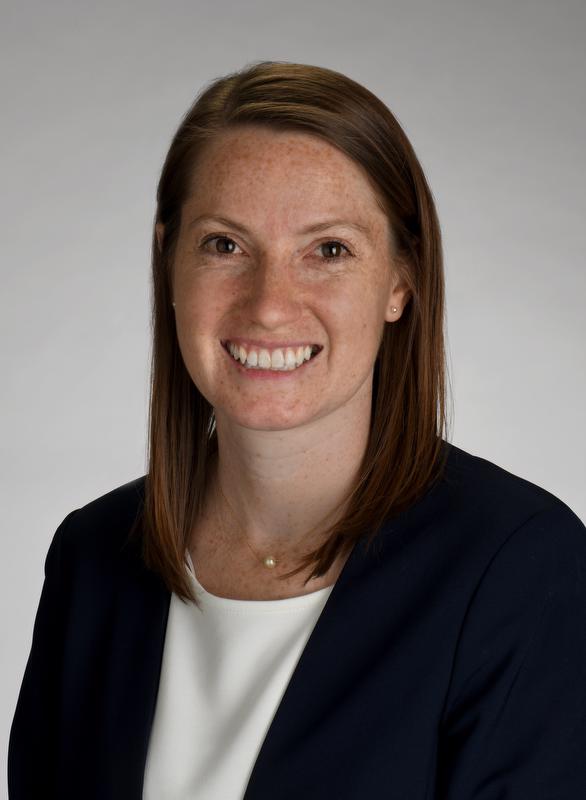 KL2 Scholar
KL2 Scholar
 News
News
 News
News
 KL2 Scholar · News
KL2 Scholar · News
 News
News
 News · In the Community · Funded Projects
News · In the Community · Funded Projects
 Funded Projects · News
Funded Projects · News
 Funded Projects · News
Funded Projects · News
 Funded Projects · News
Funded Projects · News
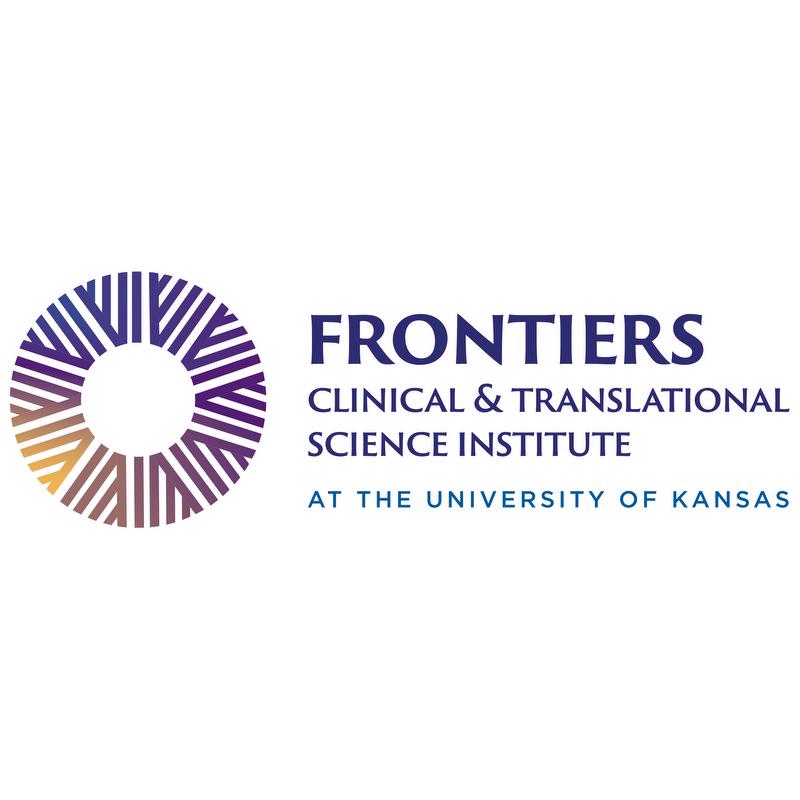 Funded Projects · News
Funded Projects · News
 News
News
 Funded Projects · News
Funded Projects · News

 TL1 Trainee · News
TL1 Trainee · News
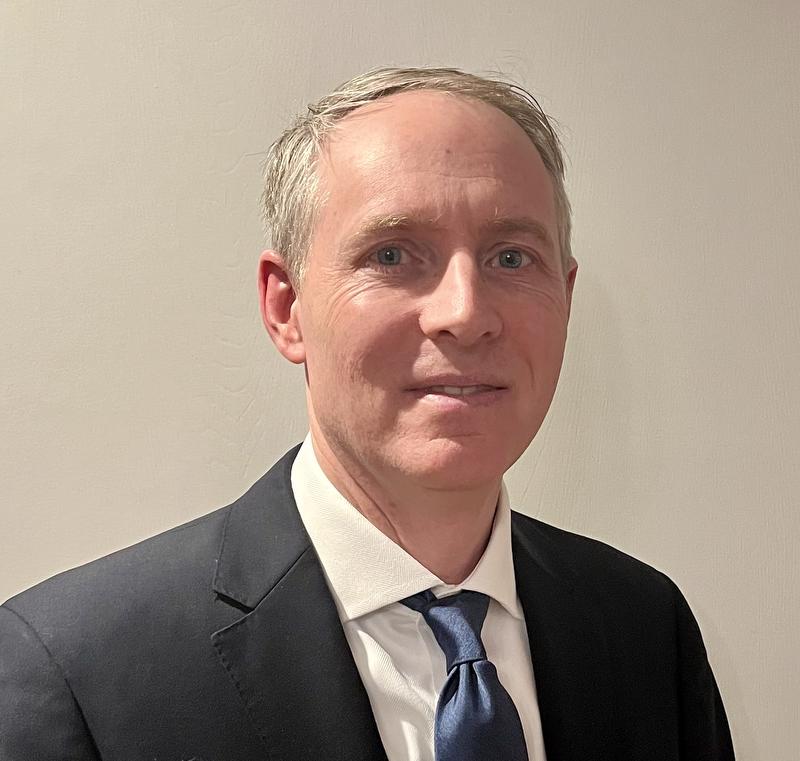 Funded Projects · News
Funded Projects · News
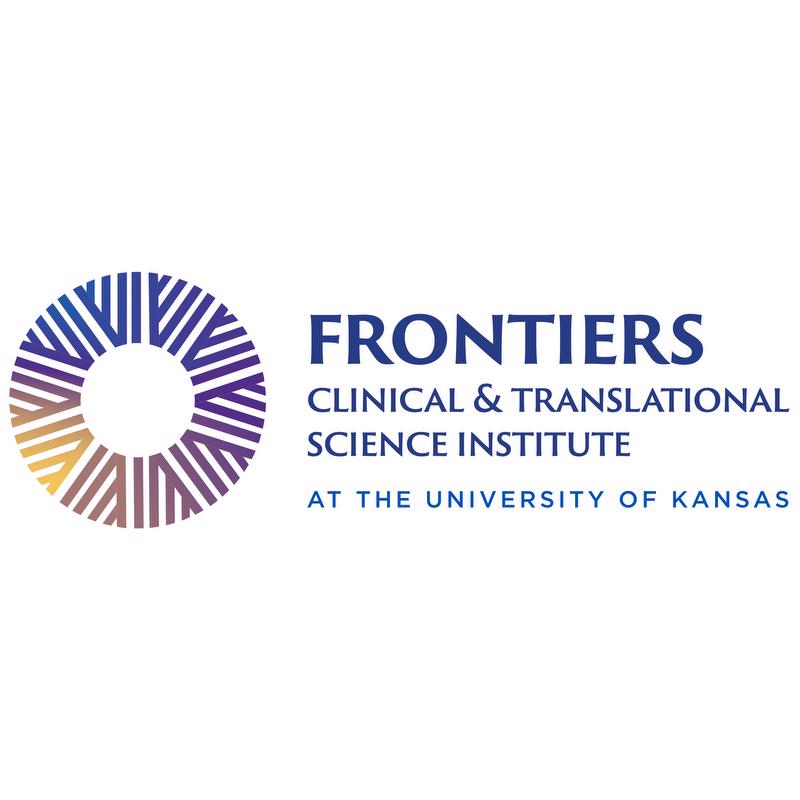 Events · News
Events · News
 Funded Projects · News
Funded Projects · News
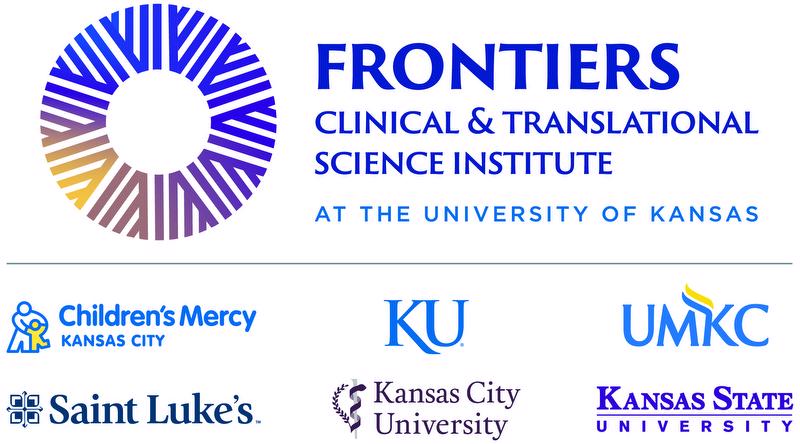
 Funded Projects · News
Funded Projects · News
 TL1 Trainee · News
TL1 Trainee · News
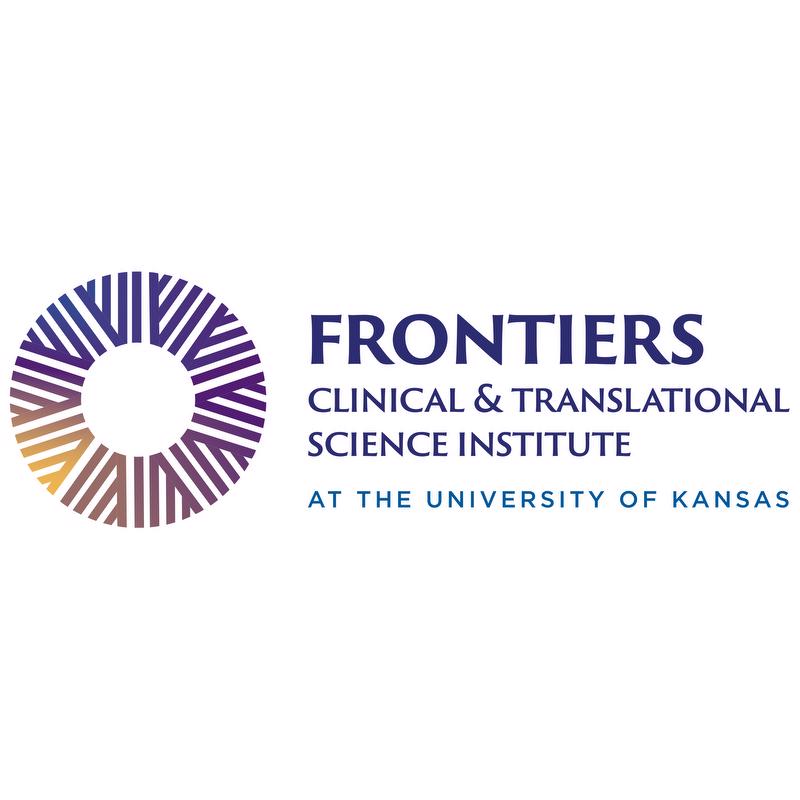 News · In the Community · Funded Projects
News · In the Community · Funded Projects
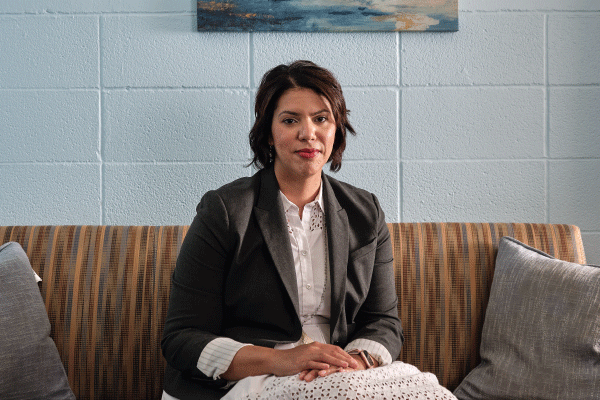 Funded Projects · News
Funded Projects · News
 KL2 Scholar · News
KL2 Scholar · News
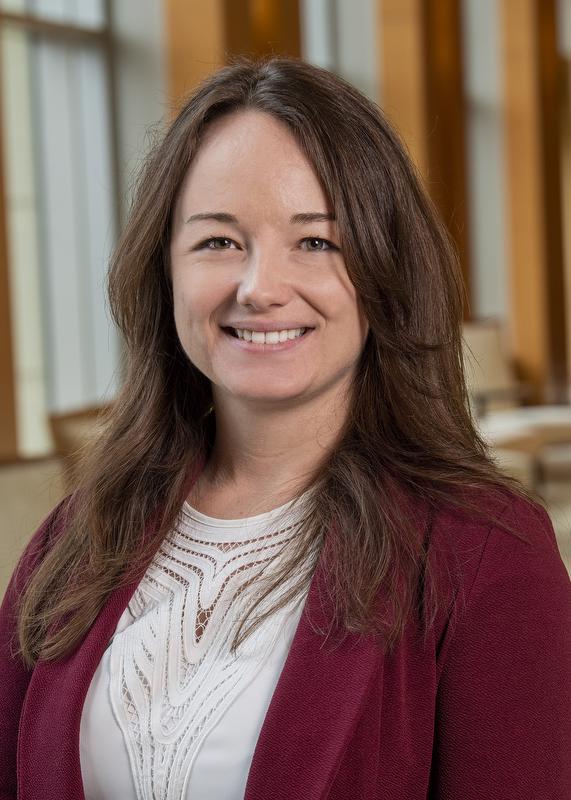 TL1 Trainee · News
TL1 Trainee · News
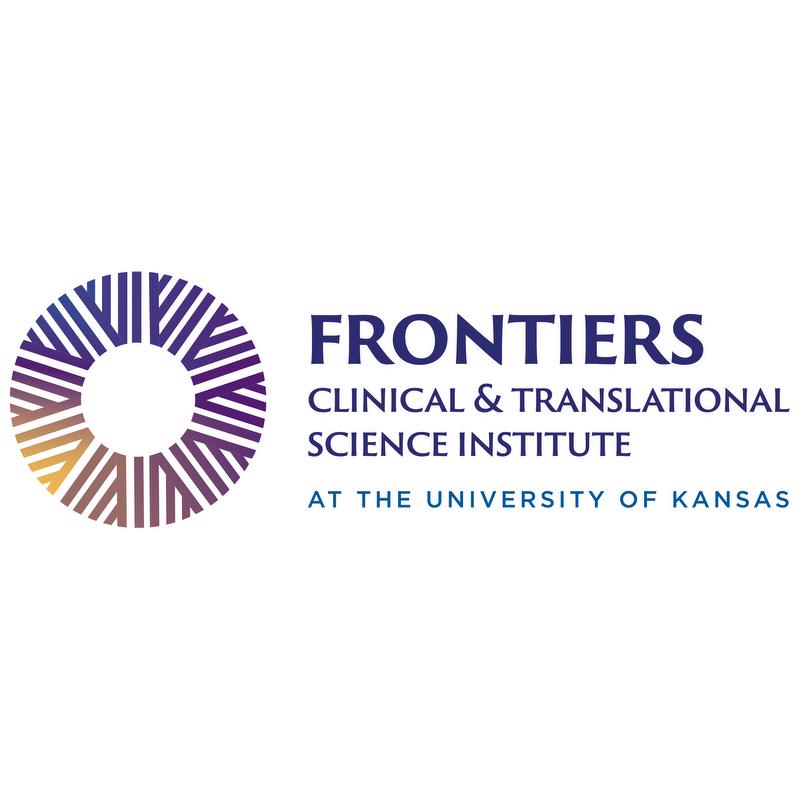 News
News
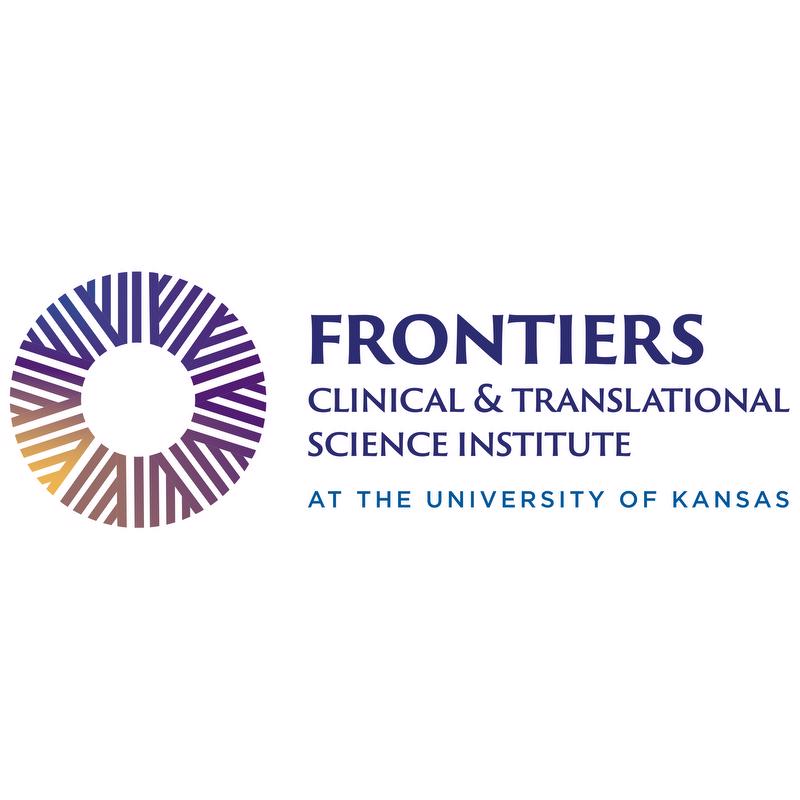 News
News
 KL2 Scholar · News
KL2 Scholar · News
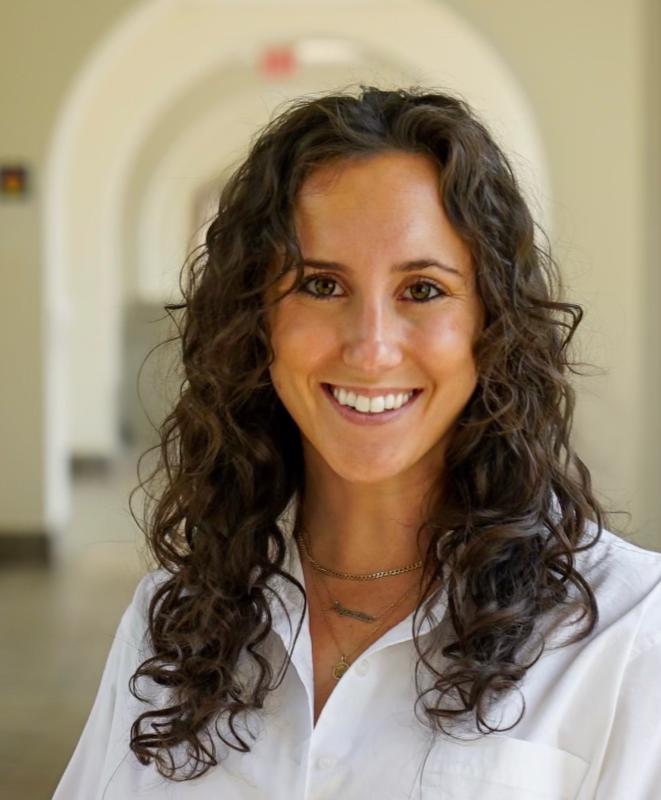 TL1 Trainee · News
TL1 Trainee · News
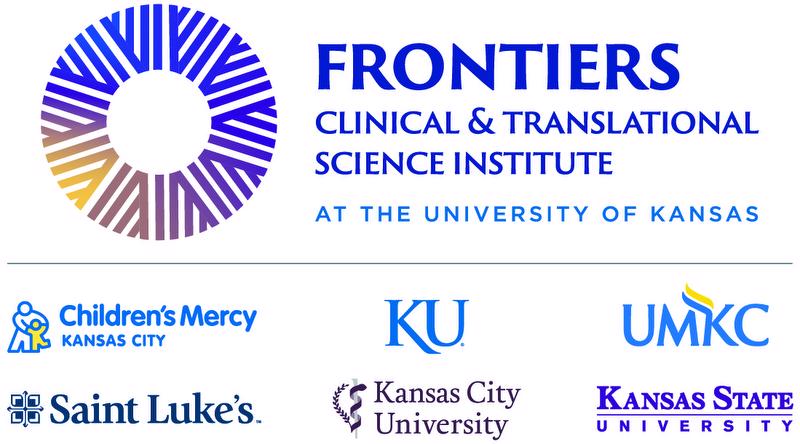 News
News
 News
News
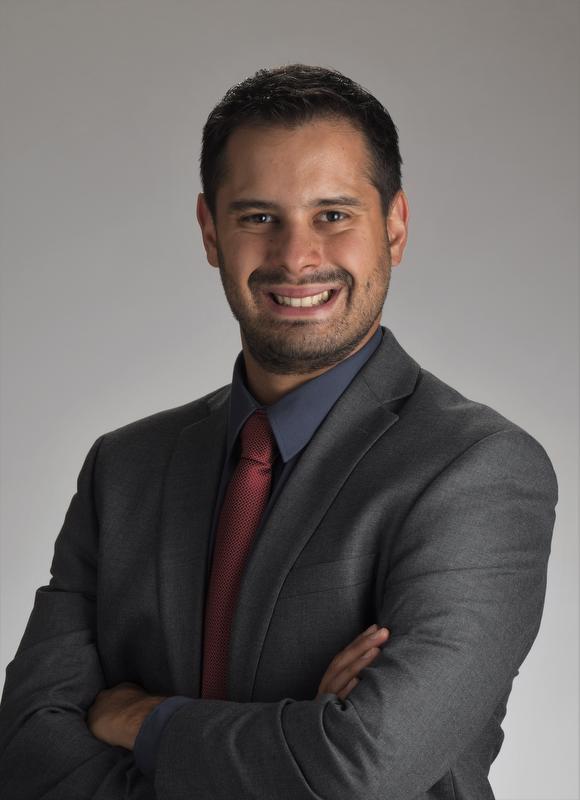 Funded Projects · News
Funded Projects · News
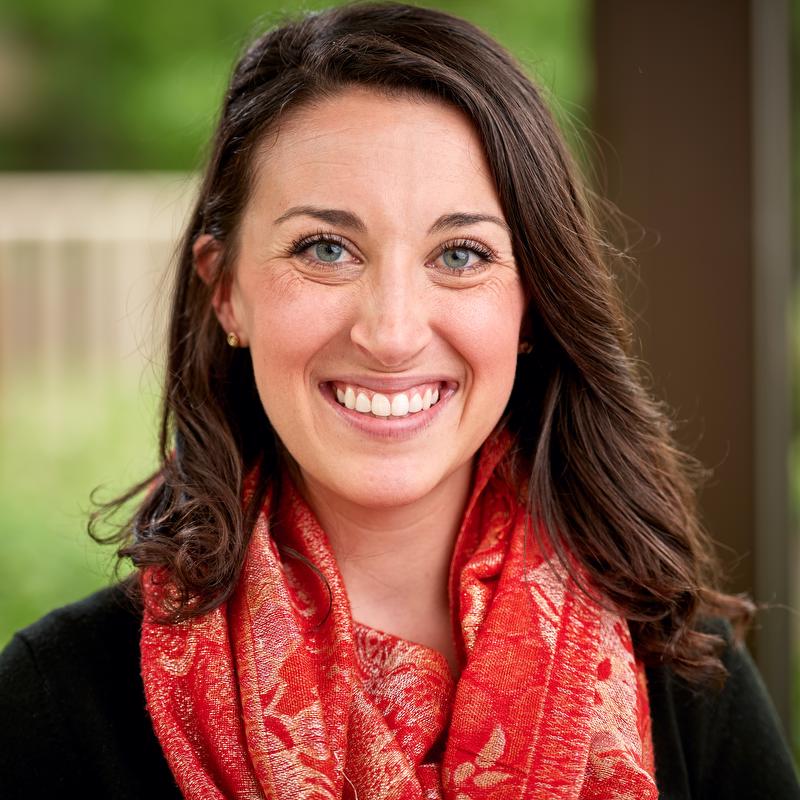 Events · News
Events · News

 KL2 Scholar · News
KL2 Scholar · News
 News
News

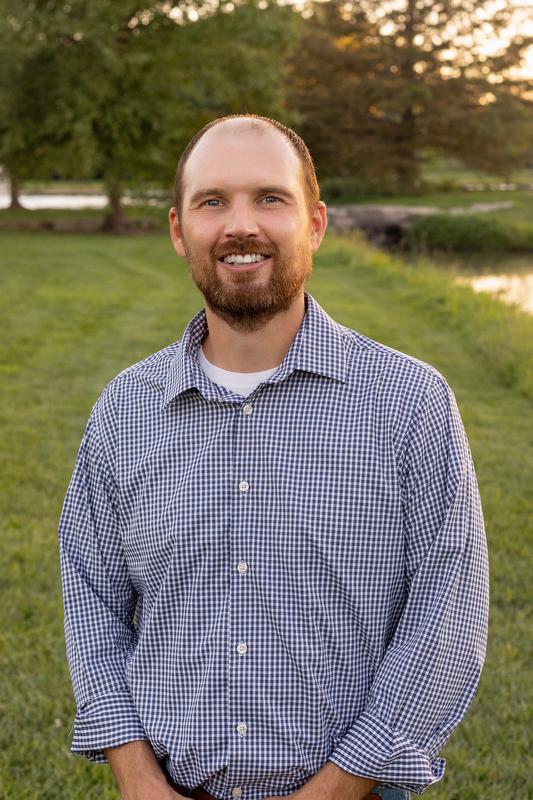 Funded Projects · News
Funded Projects · News
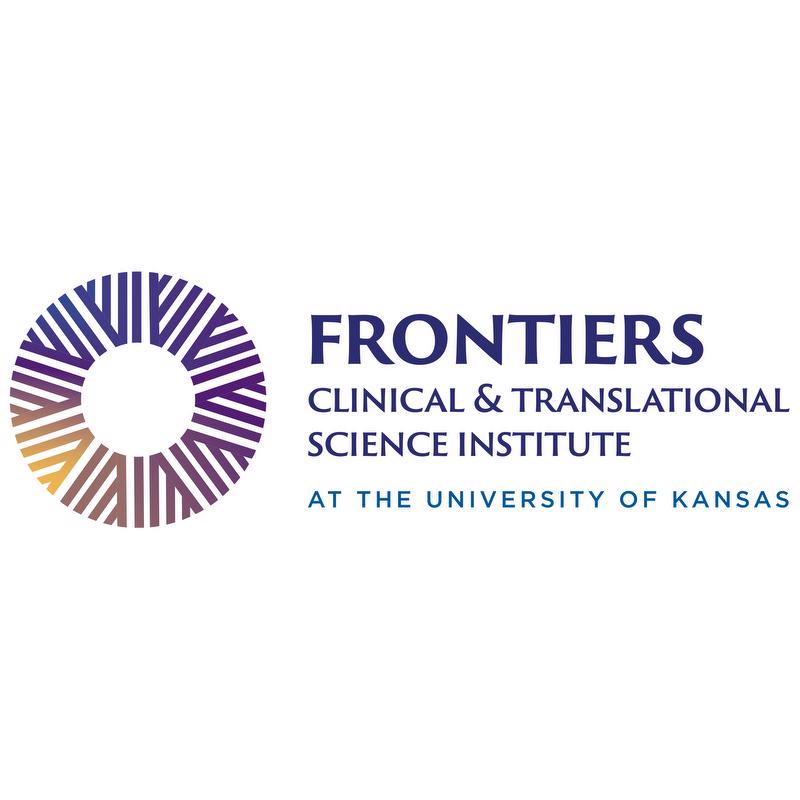 News
News
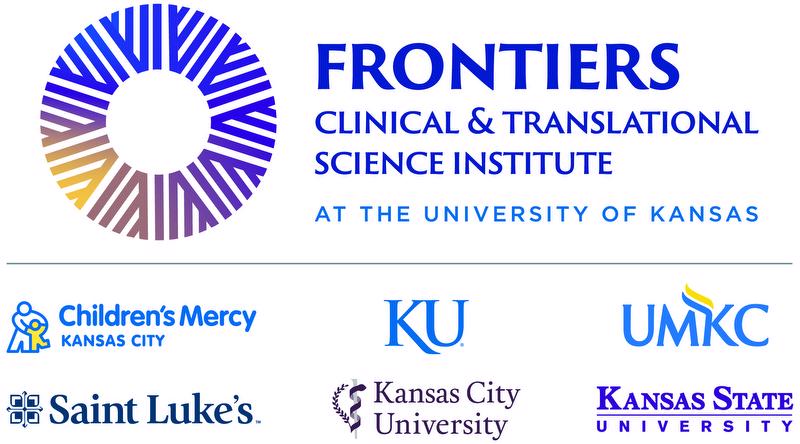 Partner News · News
Partner News · News
 News · In the Community
News · In the Community
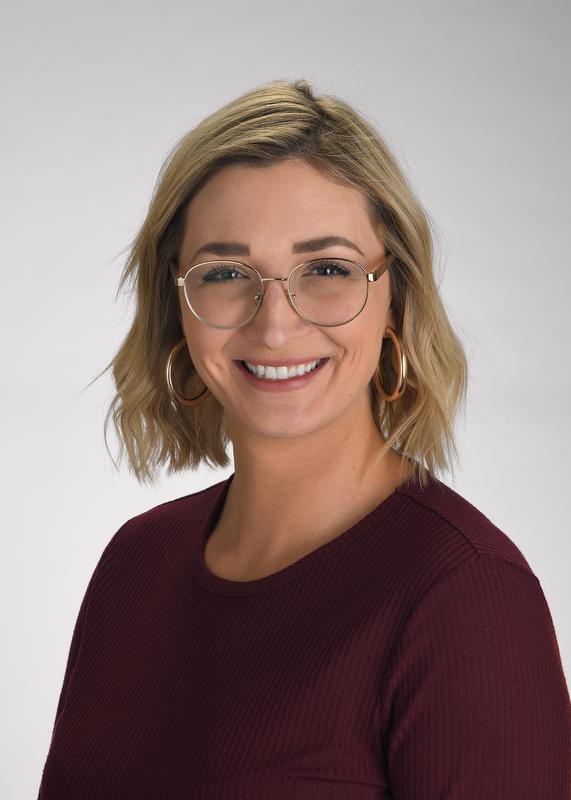
 0
0

 Funded Projects · News
Funded Projects · News
 Funded Projects · News
Funded Projects · News
 News
News
 Funded Projects · News
Funded Projects · News
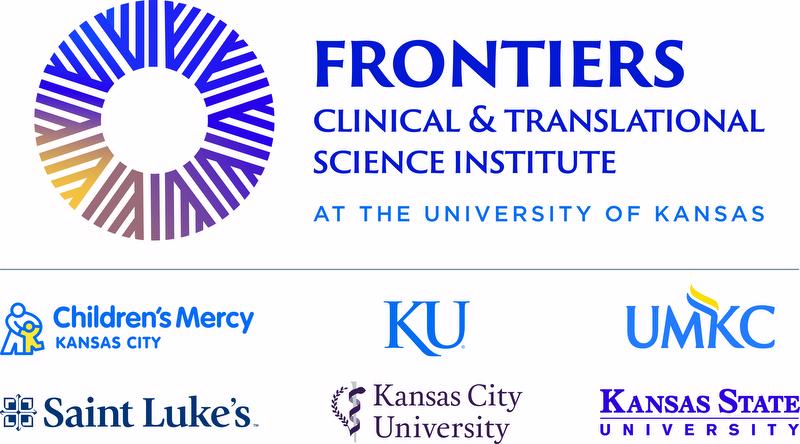 Funded Projects · News
Funded Projects · News
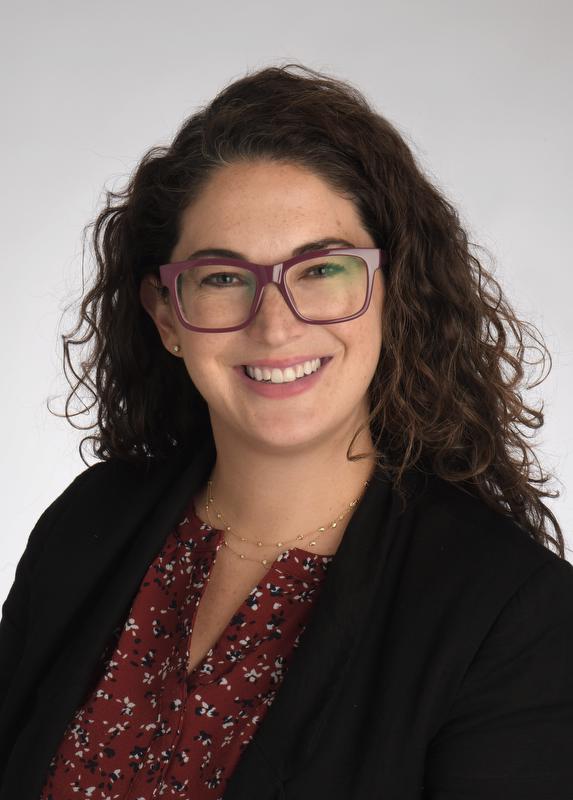 News
News
 Events · News
Events · News
 TL1 Trainee · News
TL1 Trainee · News
 TL1 Trainee · News
TL1 Trainee · News
 News
News
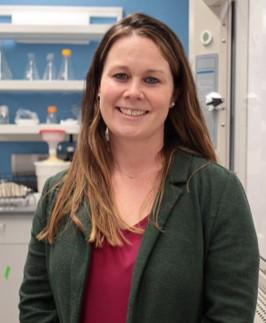 Funded Projects · News
Funded Projects · News
 News
News
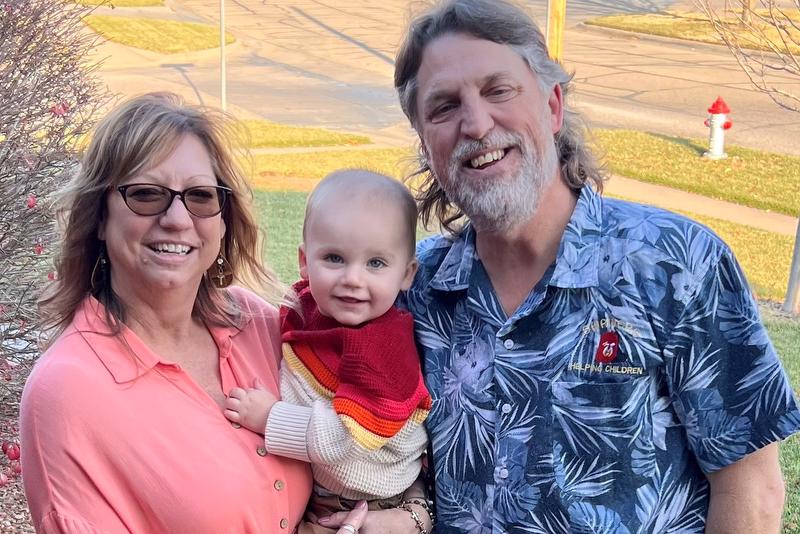 Partner News · News
Partner News · News
 TL1 Trainee · News
TL1 Trainee · News
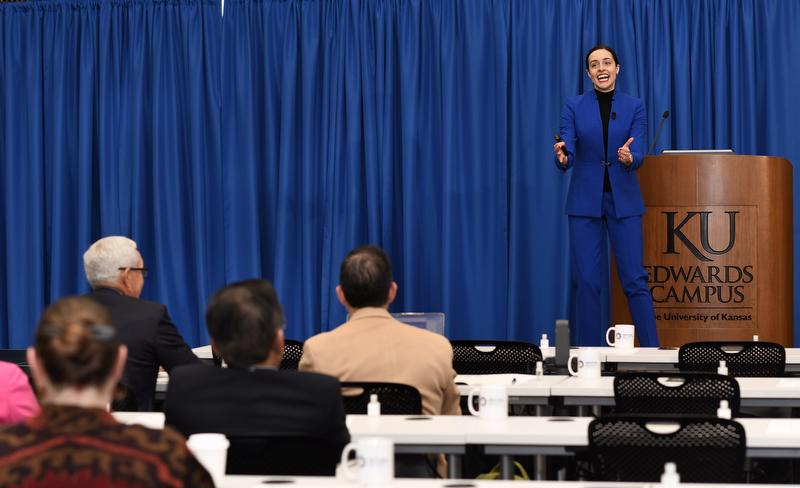 Events · News
Events · News
 KL2 Scholar · News
KL2 Scholar · News
 News
News
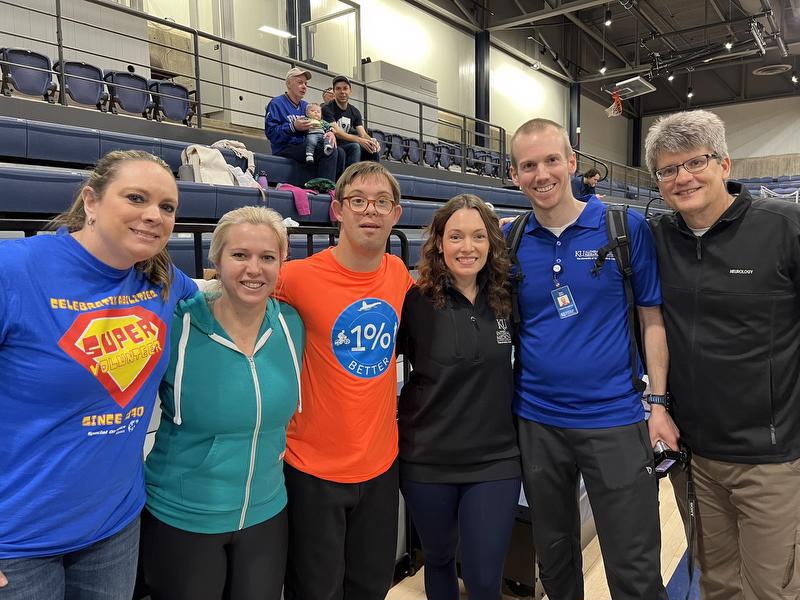 TL1 Trainee · News
TL1 Trainee · News
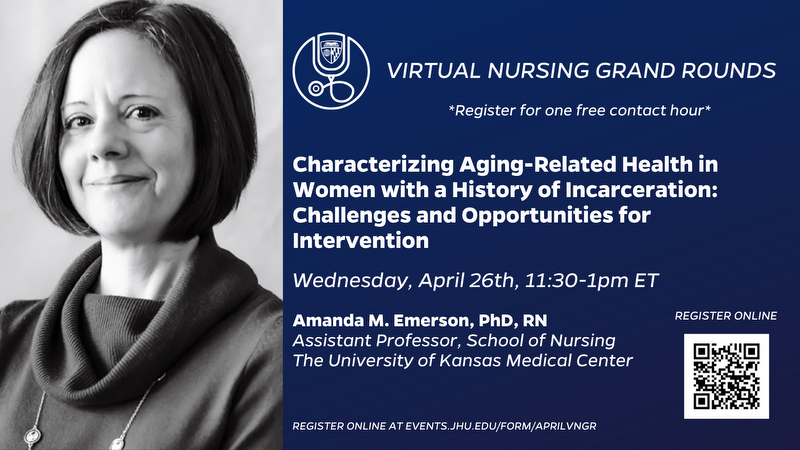 News · KL2 Scholar
News · KL2 Scholar
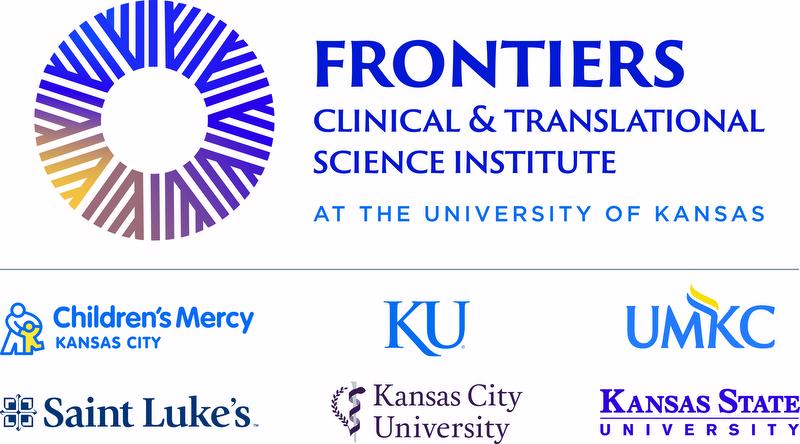
 TL1 Trainee · News
TL1 Trainee · News
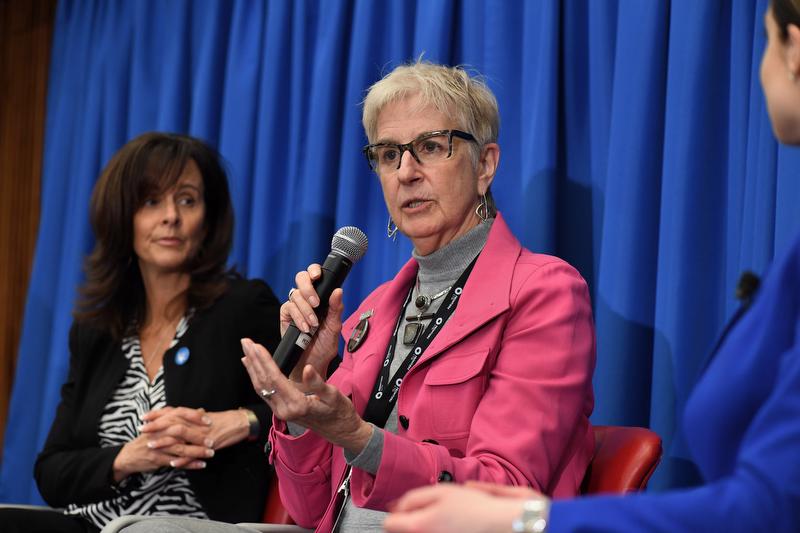 Events · News
Events · News
 News
News
 News
News
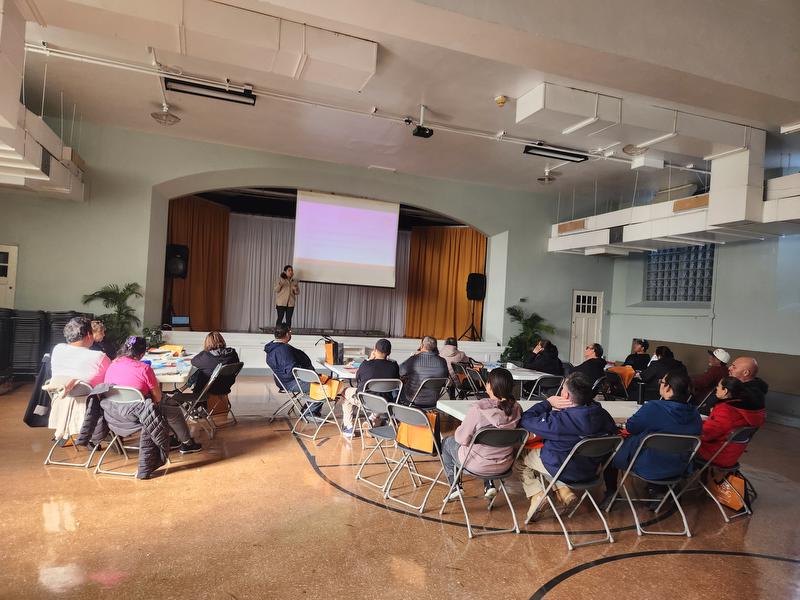

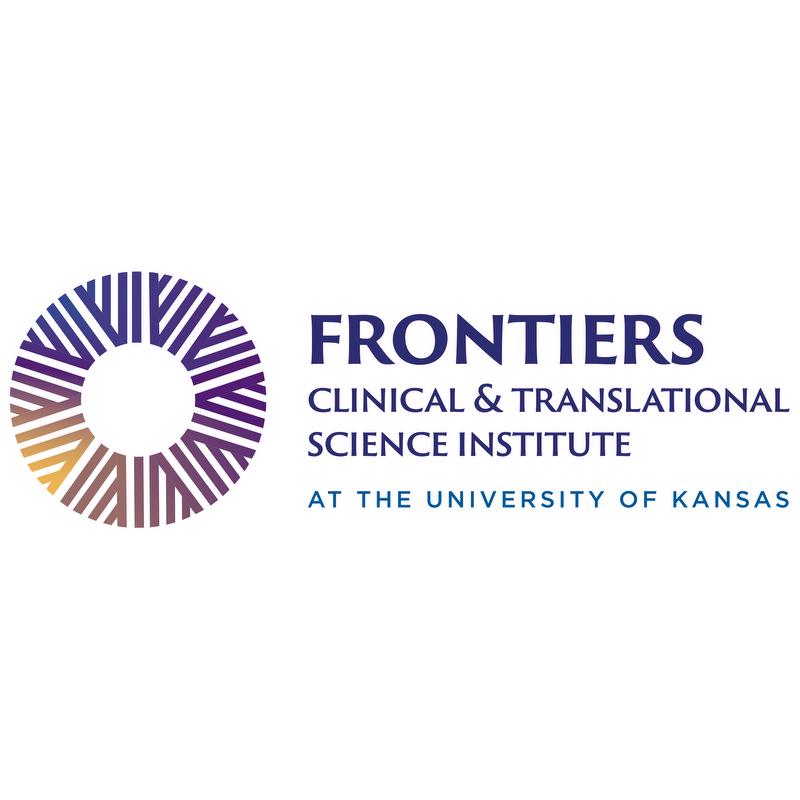 News
News
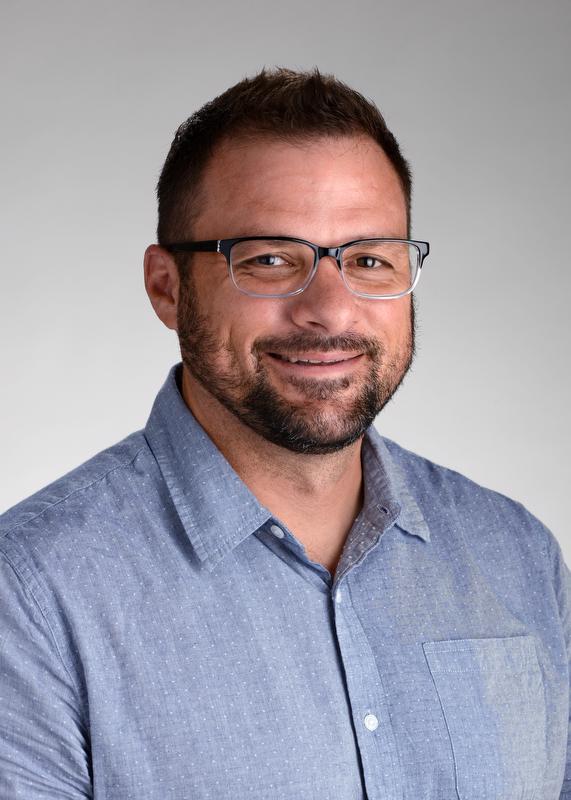
 40
40

 News
News
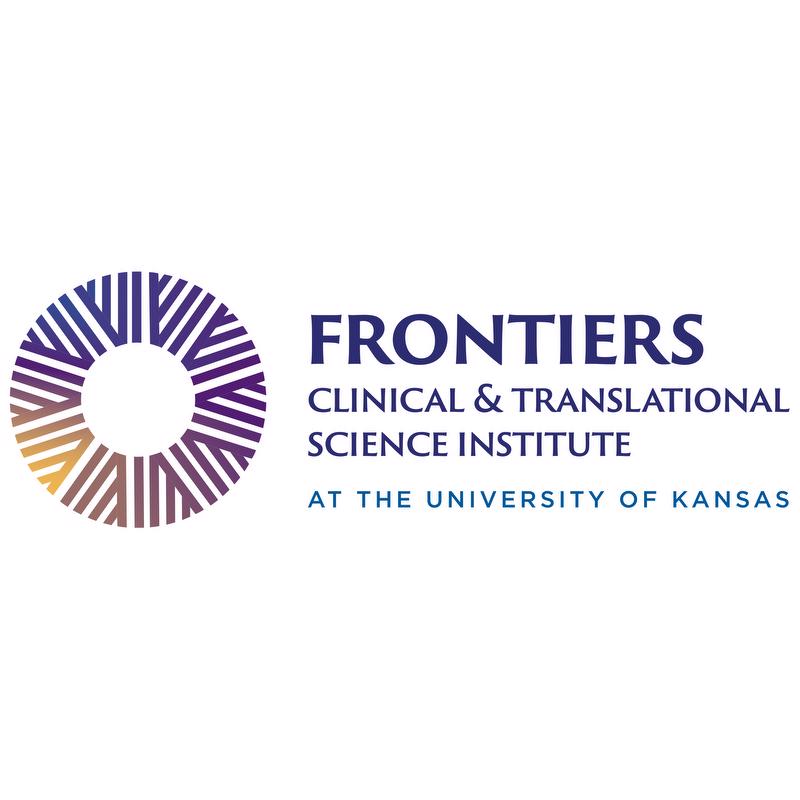 News
News
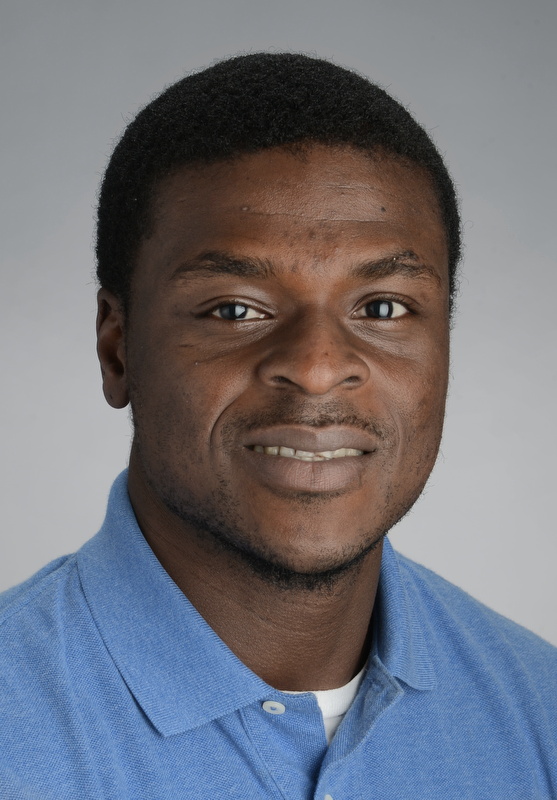 TL1 Trainee · News
TL1 Trainee · News
 News
News
 Funded Projects · News
Funded Projects · News
 News · In the Community
News · In the Community
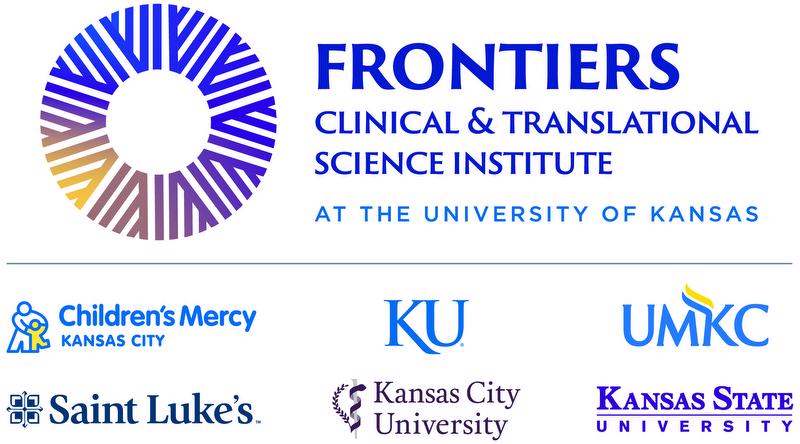 Funded Projects · News
Funded Projects · News
 In the Community
In the Community
 News · In the Community · Partner News
News · In the Community · Partner News
 KL2 Scholar · News
KL2 Scholar · News
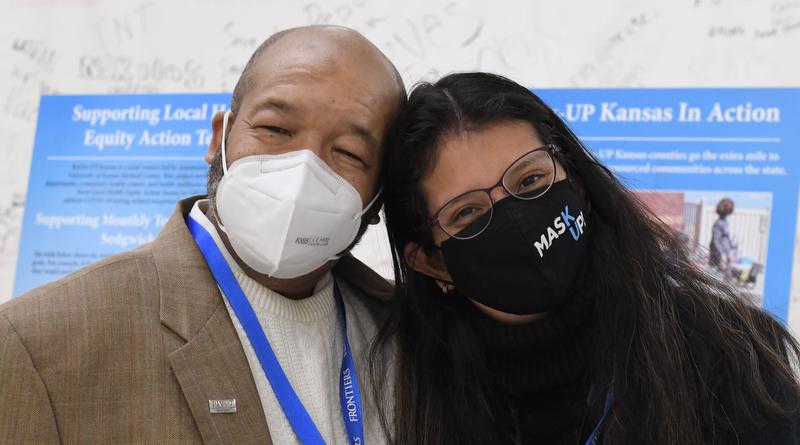 News · In the Community
News · In the Community
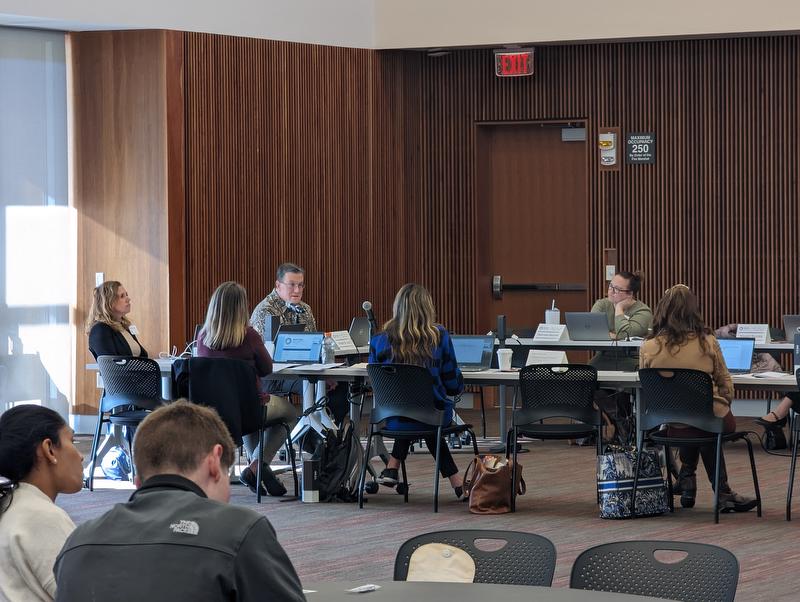 Events · News · Services
Events · News · Services
 Funded Projects · News
Funded Projects · News
 KL2 Scholar · Funded Projects · News
KL2 Scholar · Funded Projects · News
 TL1 Trainee · Funded Projects · News
TL1 Trainee · Funded Projects · News
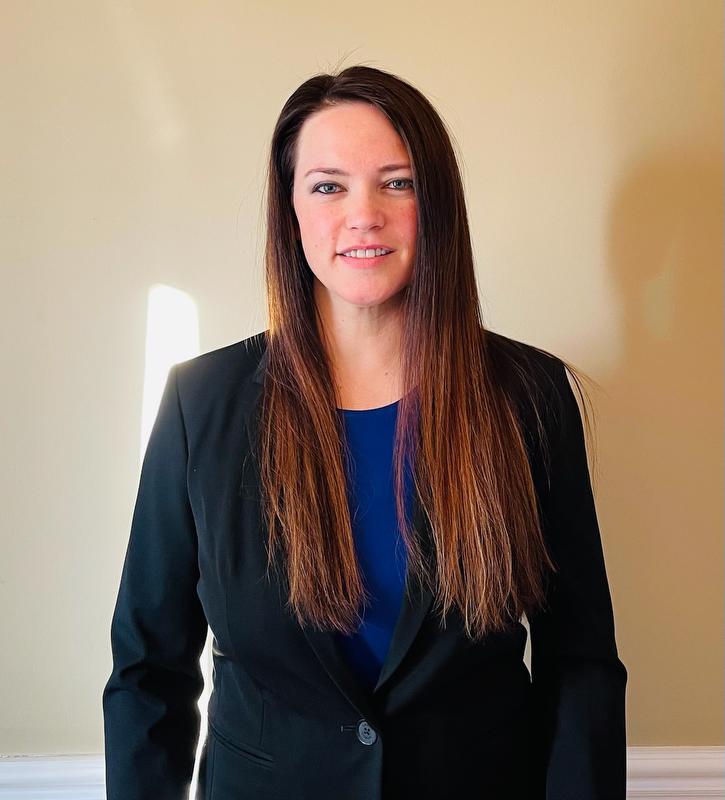 News
News
 News
News
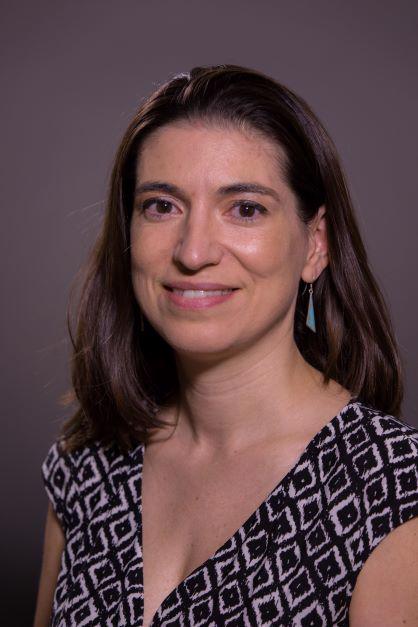 KL2 Scholar · Funded Projects
KL2 Scholar · Funded Projects
 KL2 Scholar · Funded Projects
KL2 Scholar · Funded Projects
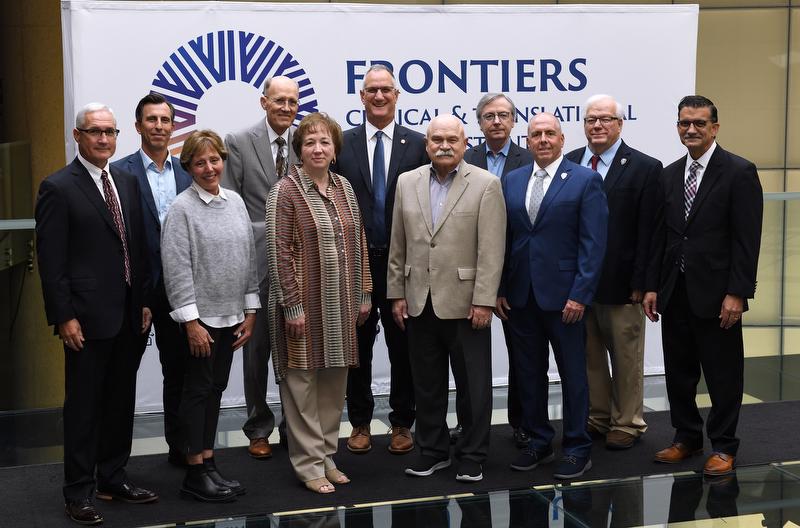 Events · News
Events · News
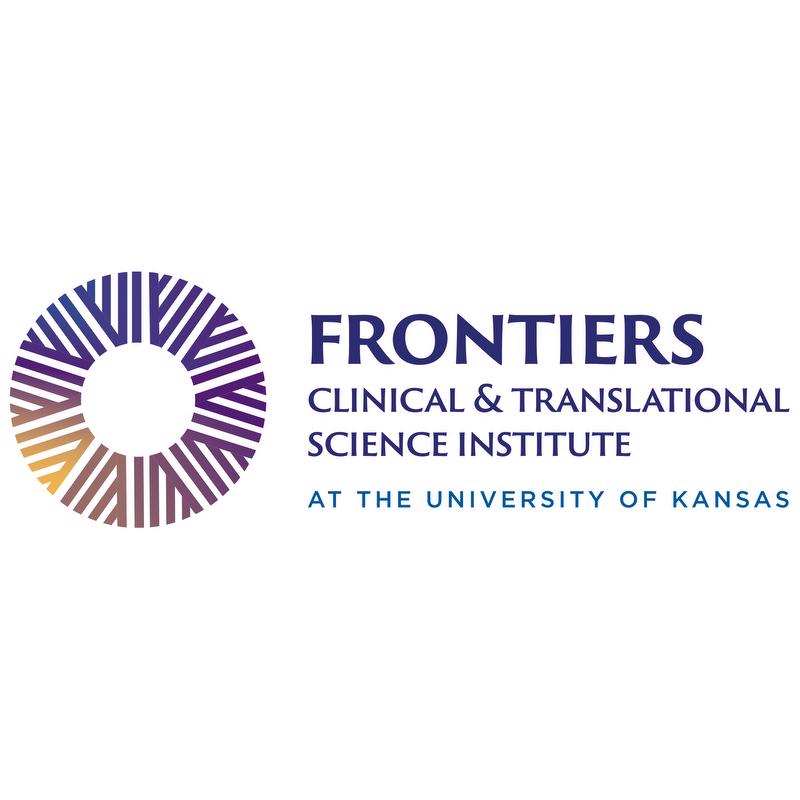 News
News
 KL2 Scholar · Funded Projects
KL2 Scholar · Funded Projects
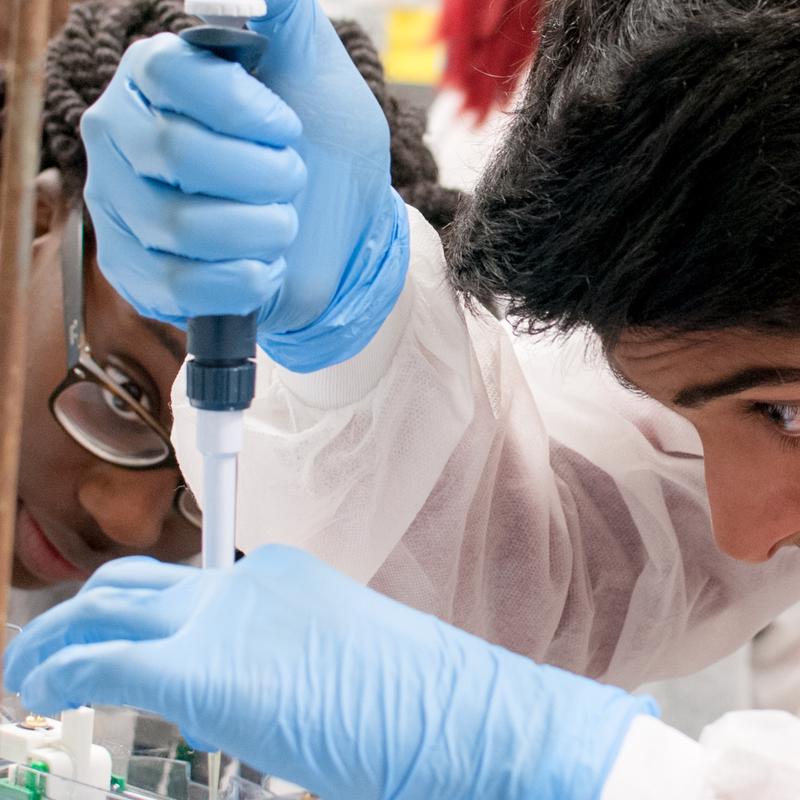 News
News
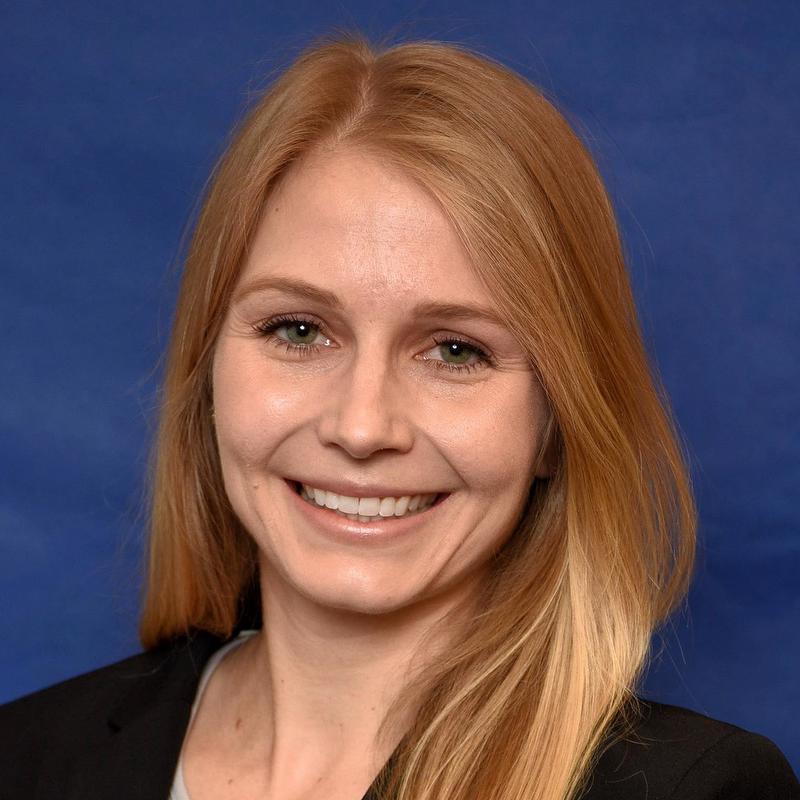 Funded Projects
Funded Projects

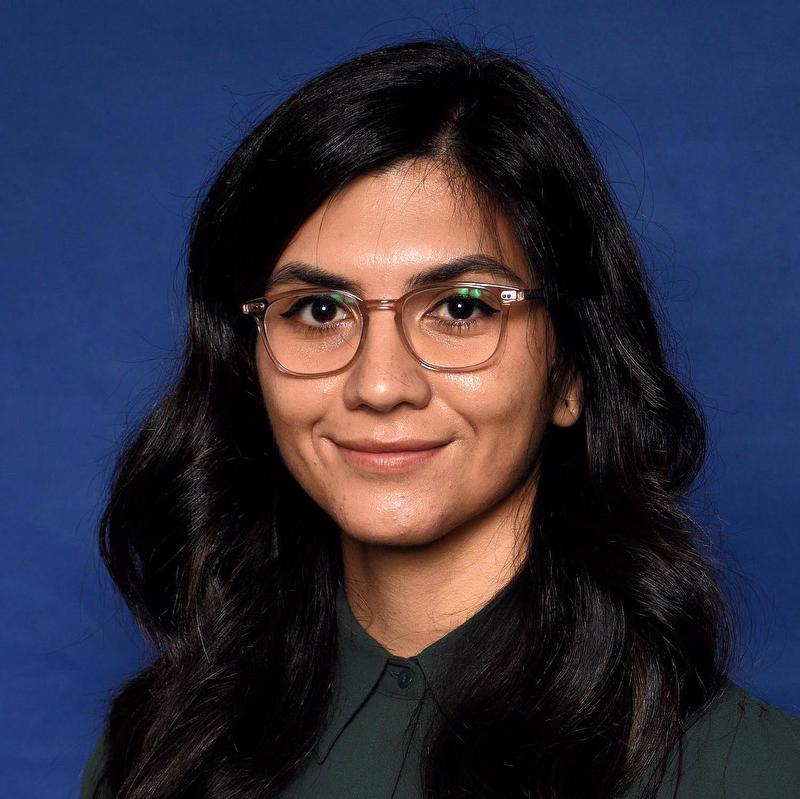 TL1 Trainee
TL1 Trainee
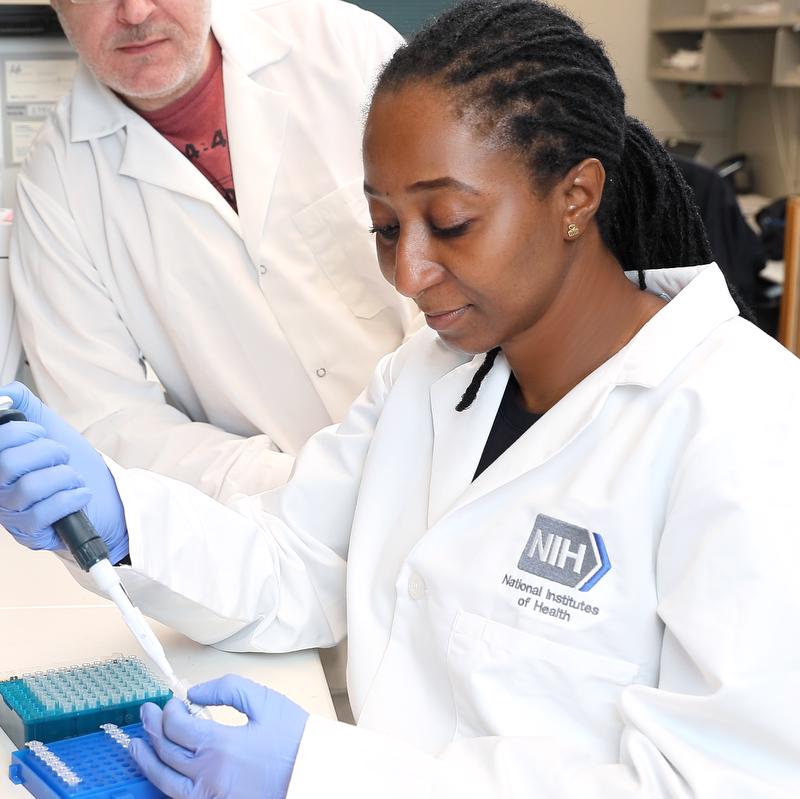 News
News
 Funded Projects
Funded Projects



